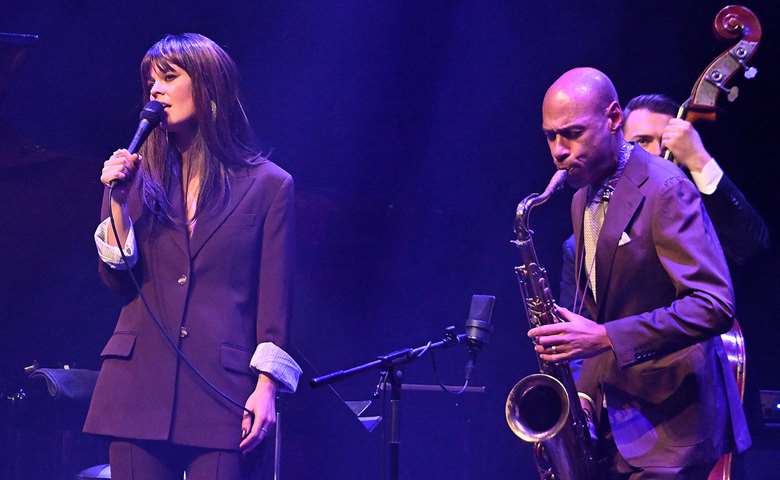Joshua Redman, Emma Rawicz and Nikki Iles among this year’s highlights at “richly layered” EFG London Jazz Festival
Selwyn Harris
Thursday, November 30, 2023
The panoramic city-wide event dazzled with a daring mix of jazz styles with some boldly ambitious large ensemble works underpinned with some standout individual performances


Register now to continue reading

Thank you for visiting Jazzwise.co.uk. Sign up for a free account today to enjoy the following benefits:
- Free access to 3 subscriber-only articles per month
- Unlimited access to our news, live reviews and artist pages
- Free email newsletter


